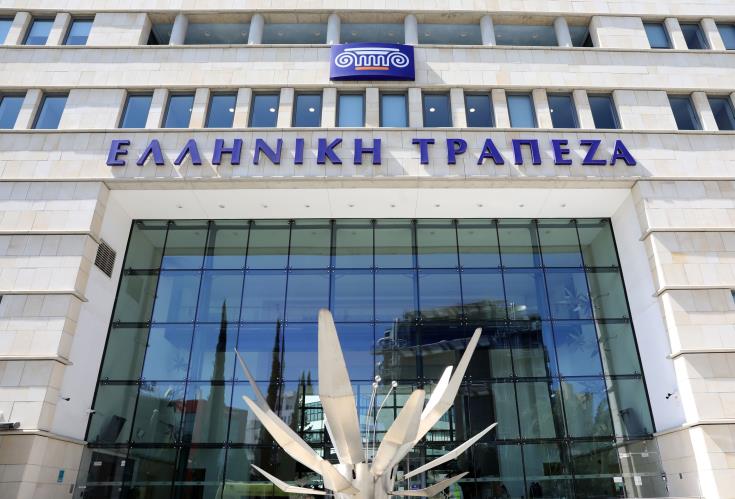Analysis of Biden’s Budget Tax Proposals
In a significant policy shift, President Biden has outlined a series of tax proposals in his FY 2025 budget that could have far-reaching implications for the U.S. economy. The Tax Foundation has provided a detailed analysis of these proposals, which aim to raise approximately $5.3 trillion in gross tax revenue over the next decade.
According to preliminary estimates, the proposed tax changes would generate an additional $2.2 trillion in revenue from corporations and $1.4 trillion from individuals over an 11-year period. However, these increases come with potential economic downsides. The Tax Foundation’s General Equilibrium Model projects a 2.2 percent decrease in long-run GDP, a 1.6 percent drop in wages, and a reduction of 788,000 full-time equivalent jobs.
The proposed tax hikes target high earners and U.S. businesses, with plans to increase the corporate income tax rate from 21 percent to 28 percent and impose a new minimum tax on unrealized capital gains. These changes could lead to some of the highest marginal tax rates on income within developed nations, potentially affecting U.S. competitiveness.
Other significant provisions include adjustments to the global intangible low-taxed income (GILTI) tax rate and the repeal of the reduced tax rate on foreign-derived intangible income (FDII). Additionally, the budget suggests expanding various tax credits such as the child tax credit (CTC) and earned income tax credit (EITC).
On the individual side, the budget proposes to expand the net investment income tax (NIIT) base and increase rates for NIIT and additional Medicare tax, affecting income above $400,000. It also aims to increase the top individual income tax rate to 39.6 percent for incomes above certain thresholds.
Despite these measures, the budget’s impact on reducing the deficit is uncertain. The inclusion of novel taxes such as the billionaire minimum tax and undertaxed profits rule (UTPR) introduces elements of unpredictability in revenue projections.
Furthermore, the budget’s approach to housing affordability through subsidies may inadvertently drive up housing prices without addressing the underlying issue of supply. The president also seeks to bolster IRS funding and enforcement capabilities while maintaining his commitment not to raise taxes on individuals earning less than $400,000.
The Tax Foundation’s analysis underscores that while the budget aims for deficit reduction and increased spending in certain areas, it also introduces complexity and potential economic contraction due to higher marginal tax rates on investment and labor. The full impact of these proposals will be closely watched by policymakers, businesses, and taxpayers alike.
For those seeking to stay abreast of these developments, subscribing to updates from experts can provide valuable insights into how such policy changes may affect their financial planning and business strategies.






